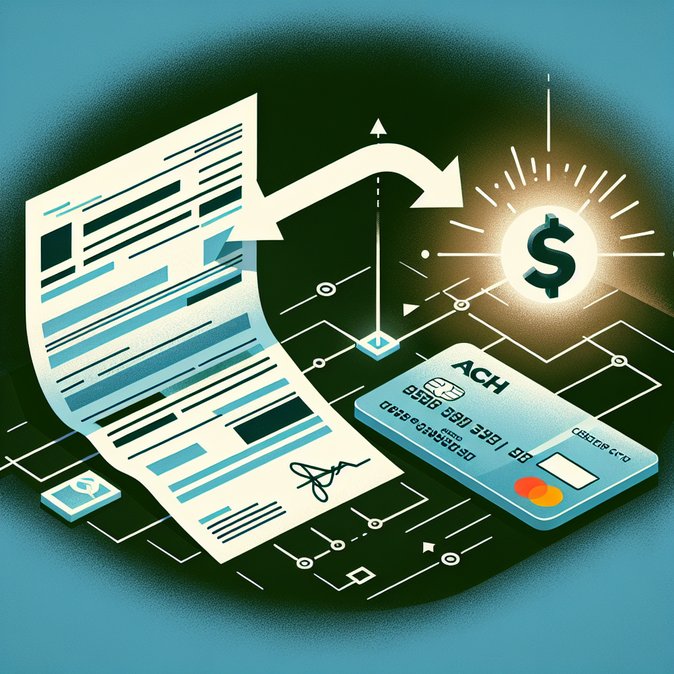
After months of warning, U.S. Citizenship and Immigration Services (USCIS) today flipped the switch: any application or petition filed on or after October 28 that is accompanied by a paper check or money order will be rejected and returned to the sender. The change implements Executive Order 14247 on “Modernizing Payments to and from America’s Bank Account” and follows the August rollout of Form G-1650 for ACH direct-debit payments.
Practically, employers and attorneys must now pay government filing fees by either ACH debit (Form G-1650) or credit card (Form G-1450). USCIS warns that rejected filings will not preserve priority dates—potentially causing cap-subject H-1B petitions, I-140 immigrant petitions or adjustment-of-status applications to miss statutory or regulatory deadlines.
For corporate mobility programs, the new rule requires immediate updates to payment work-flows, law-firm instructions and case-management portals. Companies that rely on decentralized cost centers must ensure finance teams authorize ACH debits in advance and lift any bank “ACH blocks” that could bounce transactions. Foreign nationals paying out of personal accounts should be briefed on U.S. banking requirements and currency restrictions.
Longer-term, USCIS expects the e-payments mandate to cut processing times and reduce fraud risk tied to stolen or bounced checks. However, practitioners anticipate a learning curve—especially for smaller employers and self-filing applicants—so rejected-payment rates could spike in the short term. Monitoring USCIS lockbox rejection trends will be critical over the next quarter.
Practically, employers and attorneys must now pay government filing fees by either ACH debit (Form G-1650) or credit card (Form G-1450). USCIS warns that rejected filings will not preserve priority dates—potentially causing cap-subject H-1B petitions, I-140 immigrant petitions or adjustment-of-status applications to miss statutory or regulatory deadlines.
For corporate mobility programs, the new rule requires immediate updates to payment work-flows, law-firm instructions and case-management portals. Companies that rely on decentralized cost centers must ensure finance teams authorize ACH debits in advance and lift any bank “ACH blocks” that could bounce transactions. Foreign nationals paying out of personal accounts should be briefed on U.S. banking requirements and currency restrictions.
Longer-term, USCIS expects the e-payments mandate to cut processing times and reduce fraud risk tied to stolen or bounced checks. However, practitioners anticipate a learning curve—especially for smaller employers and self-filing applicants—so rejected-payment rates could spike in the short term. Monitoring USCIS lockbox rejection trends will be critical over the next quarter.









